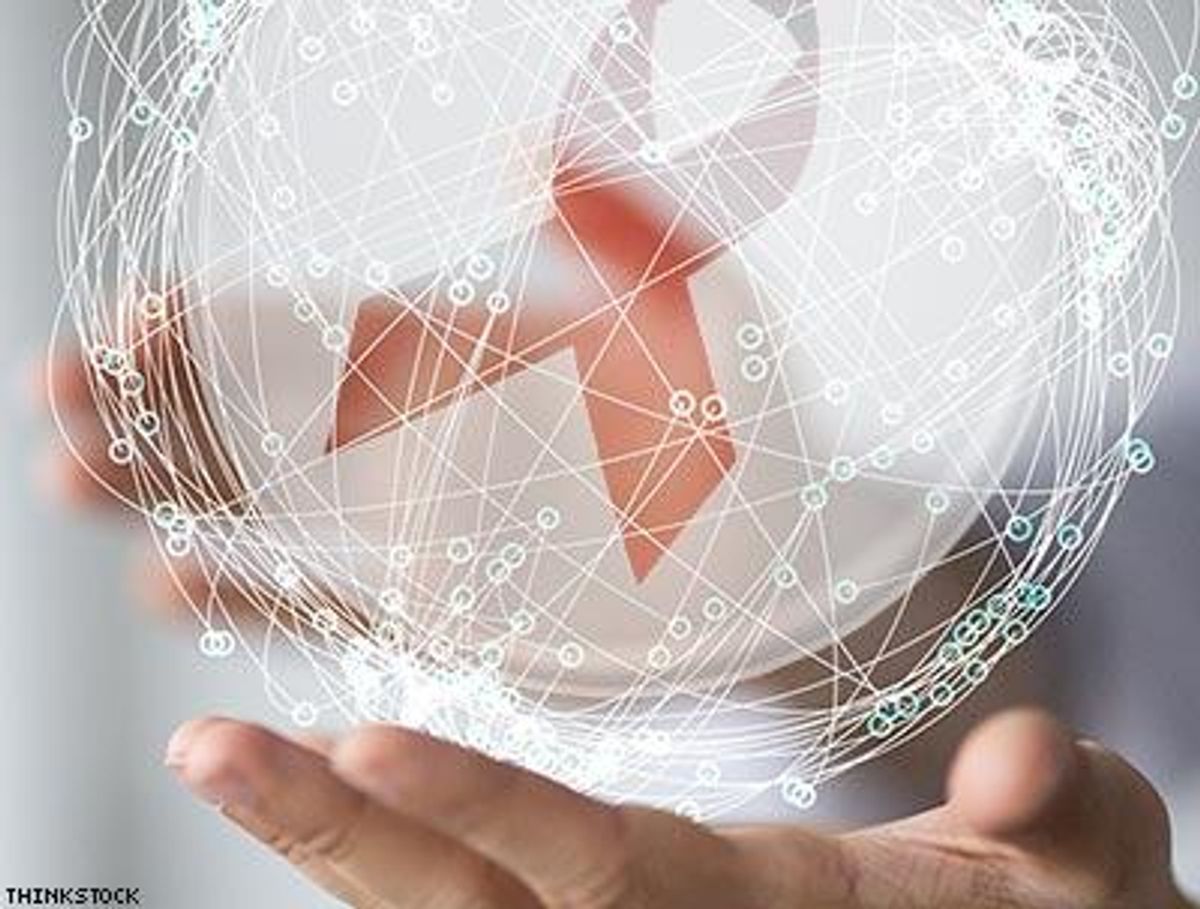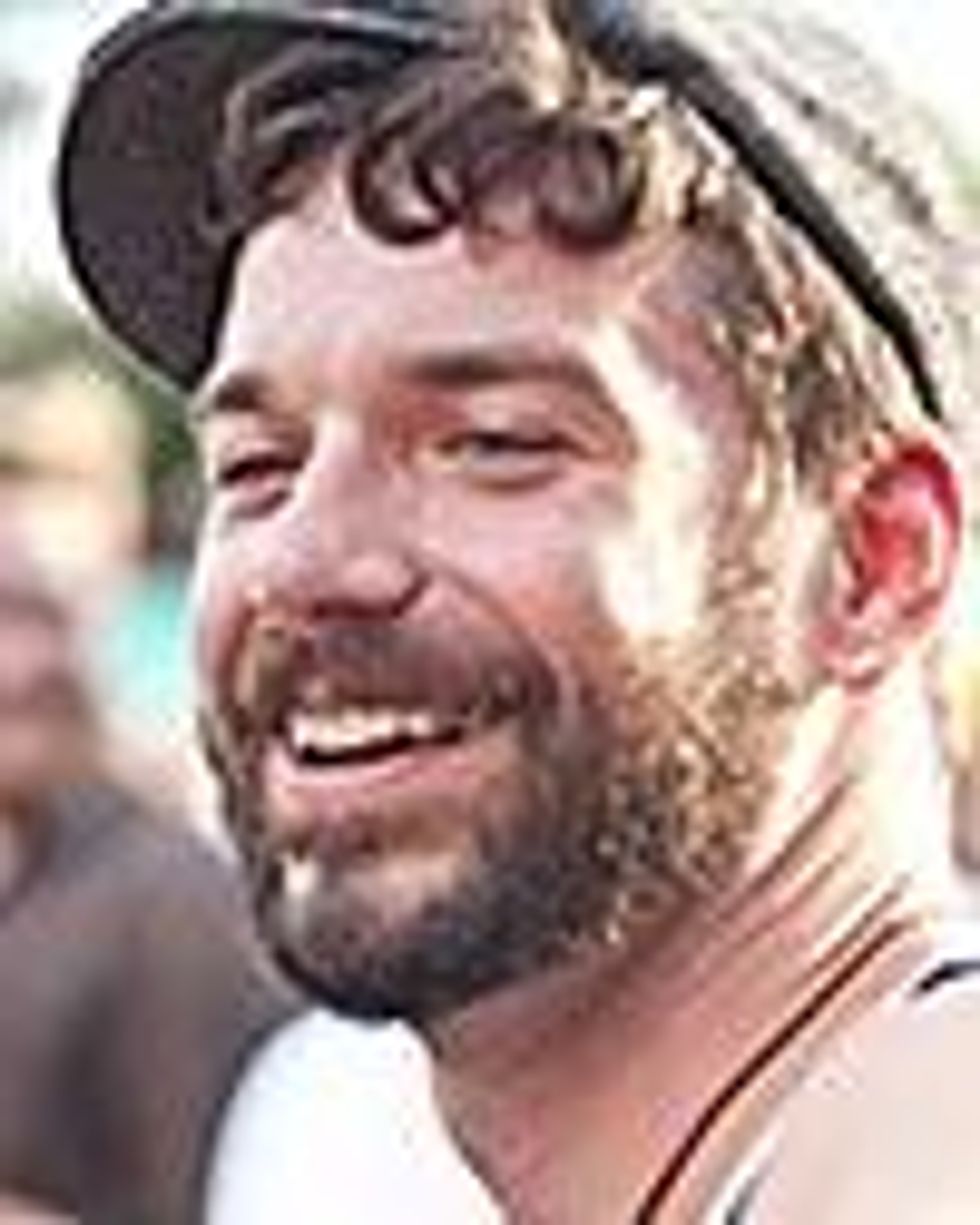
After a frustrating, decades-long stagnation in rates of HIV transmission, there's a breakthrough in San Francisco. With information and strategy we can overpower HIV.
August 27 2015 8:31 PM EST
July 23 2019 3:22 AM EST
By continuing to use our site, you agree to our Private Policy and Terms of Use.

I am privileged to sit on the board of Project Inform, a nonprofit that focuses on HIV and hepatitis C education and policy. Our staff of passionate and dedicated professionals create pamphlets and videos to inform doctors and patients of the latest advances in HIV treatment and prevention, educate health care professionals about new developments in the law, and advise policymakers at the federal, state, and municipal levels as to the best ways to bring this epidemic to an end. As an organization, PI does not provide direct services in the form of treatment or prevention. PI provides information.
As a board member, I pitch in at the occasional event or street fair. I attend the odd cocktail party where I do my best to represent the organization well. I sit in on a seemingly endless procession of meetings, committees, conference calls, and retreats, and I do a lot of haranguing my family and friends for money. (No, seriously, please donate.) I also spend a lot of time fretting about whether I'm the right man for the job, or if I'm doing a good job, or if I'm having any real or lasting impact on the HIV epidemic at all.
Project Inform's board members serve five-year terms, and this is my final year. I'm proud of the work that we've done, and I'm honored to have been a part of an organization so integral to the fight, but sometimes it all seems so intangible. When your mission is to provide information, how do you measure success?
This year, the San Francisco AIDS Walk, of which PI is the lead sponsor, raised more than $2.27 million to help support 42 programs and agencies vital to the health and survival of people living with HIV in the San Francisco Bay Area. It's a vital event, and people could literally die if this money weren't raised. But even with such impressive fundraising, it can feel like we're spinning our wheels.
The AIDS epidemic is older than I, yet despite the millions of dollars raised and the countless hours of service dedicated by passionate volunteers and hardworking professionals over the past 34 years, infection rates in the United States have been essentially steady since the '90s. And in many parts of the South they are actually on the rise. Yet so many organizations seem content merely to maintain the status quo, doubling down on the failed, fear-based strategies of the past.
I often wonder, How long can this struggle last? Will I be manning these trenches until I die?
Recently the San Francisco Examiner reported that HIV infections and deaths in the city are at an all-time low, to just over 300 in 2014. That's down 30 percent since 2012. It was news that struck me like a ray of sunlight after a seemingly endless night.
It is difficult to point to any one factor and definitively say "this is the cause," but much of the credit must certainly go to the City of San Francisco's aggressive "Getting to Zero" strategy, with its focus on early treatment, linkage to care, and -- most controversially -- PrEP. "Getting to Zero" is a policy that Project Inform has been deeply involved with from inception to implementation, and its success demonstrates that we have the power to end HIV/AIDS in a couple of generations. The tools to end the epidemic are within our grasp.
Policy work isn't as flashy as prevention and it doesn't provide the immediate satisfaction of direct services, but without well thought-out public policy and a willingness to use all of the tools at our disposal, we will never bring an end to HIV.
I won't be on the board to see it, but with Project Inform's leadership, I know that day is on the horizon.